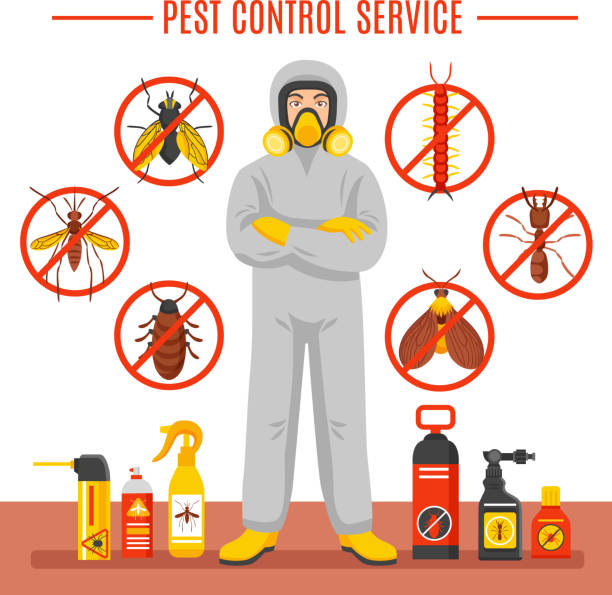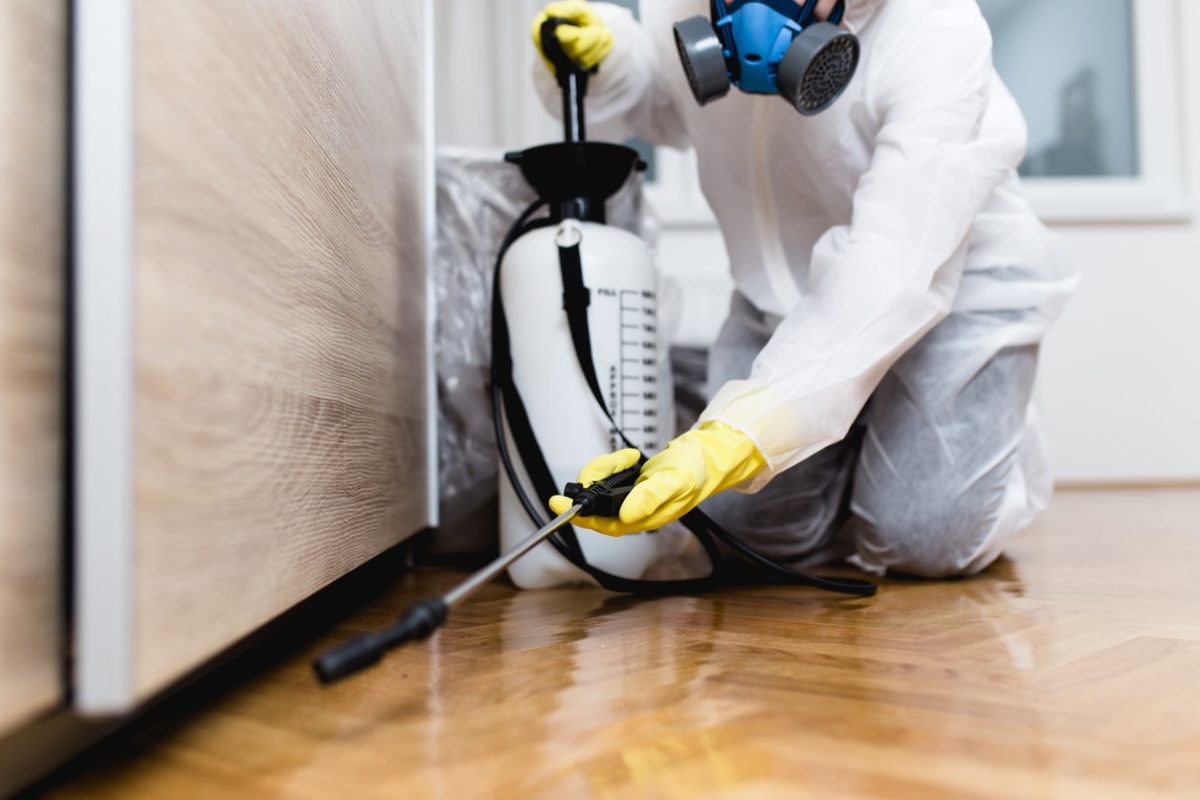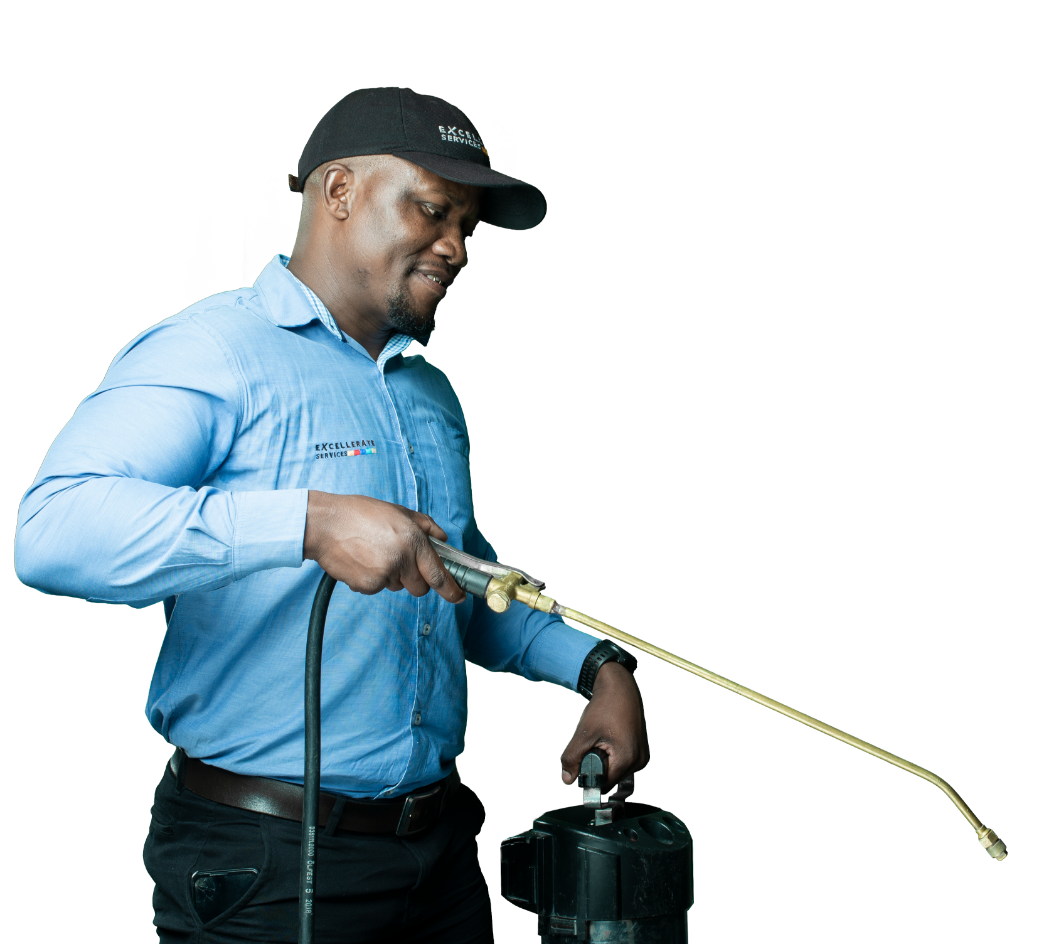Avoid infestations with certified Pest Control in Port Charlotte solutions.
Avoid infestations with certified Pest Control in Port Charlotte solutions.
Blog Article
Exploring Ingenious Methods and Products for Effective Pest Control
The landscape of pest control is evolving, noted by the appearance of innovative strategies and items made to enhance efficiency and sustainability. From clever traps furnished with innovative tracking systems to organic approaches that use natural killers, these improvements provide a paradigm shift in just how we approach pest monitoring. Additionally, environment-friendly chemical alternatives and pheromone interruption methods offer targeted options that line up with ecological stewardship. As the industry faces these growths, a closer examination exposes not only their effects yet likewise the potential obstacles that might arise in their execution.
Smart Traps and Keeping An Eye On Solutions
Just how can contemporary technology enhance bug management? One significant advancement is the advancement of clever catches and keeping track of systems, which offer real-time information and analytics for efficient parasite control. These systems use sensing units and cordless modern technology to spot bug activity, alerting building supervisors and bug control specialists to invasions before they intensify.
Smart catches are equipped with functions such as bait terminals that draw in pests and record them effectively. These traps can be kept an eye on from another location, permitting for timely interventions and decreasing the requirement for considerable chemical applications. Furthermore, the assimilation of artificial intelligence algorithms allows these systems to set apart between target bugs and non-target varieties, enhancing the precision of bug control actions.
Furthermore, the data collected from smart catches can be assessed to identify patterns in pest actions and environmental aspects contributing to problems (Pest Control in Port Charlotte). This information is important for developing targeted insect administration approaches tailored to particular settings. By embracing clever catches and monitoring systems, bug control specialists can enhance their functional performance and decrease the environmental influence of pest administration, ultimately bring about safer and more lasting methods in the market
Biological Pest Control Methods
Making use of all-natural predators and bloodsuckers, biological insect control methods offer an environmentally pleasant option to chemical therapies. This approach includes the introduction or improvement of particular organisms that can normally manage bug populations, therefore minimizing reliance on artificial chemicals. Typical instances include using ladybugs to manage aphid infestations and parasitic wasps to target caterpillars.

Biological control can be classified into 3 primary approaches: timeless, augmentative, and conservation. Classical biological control entails importing natural adversaries from the bug's indigenous habitat, while augmentative control entails increasing the populace of existing all-natural adversaries via launches. Conservation approaches concentrate on producing problems that support these valuable microorganisms in the community.
The performance of biological bug control pivots on understanding the intricate interactions within environments. It frequently needs a comprehensive analysis of bug characteristics and the life cycles of both the insects and their all-natural adversaries. While biological approaches may not supply prompt results like chemical options, they add to long-lasting parasite management and community wellness. As recognition of environmental concerns grows, biological insect control techniques are significantly recognized for their sustainable role in incorporated insect administration programs.
Eco-Friendly Chemical Alternatives
Environment-friendly chemical choices supply a viable option my blog for bug management that decreases environmental impact while properly controlling pest populations. These options are stemmed from all-natural resources and are thoroughly developed to target particular insects without hurting helpful microorganisms, making them a vital element of sustainable bug control techniques.
Among the most efficient environmentally friendly options are plant-based pesticides, such as neem oil and pyrethrin, which are stemmed from the seeds and flowers of different plants. These substances disrupt the life process of bugs, reducing their populations without the poisonous effects associated with standard pesticides - Pest Control in Port Charlotte. In addition, necessary oils like peppermint and clove oil exhibit repellent residential properties, additionally enhancing their energy in pest monitoring

Furthermore, green chemical alternatives commonly break down much more promptly in the environment, minimizing the threat of soil and water contamination. This characteristic aligns with the boosting customer demand for sustainable techniques in farming and urban insect control. As research study proceeds to advance, the development of ingenious green formulations will additionally enhance efficiency and expand application areas, making it possible for pest monitoring specialists to adopt greener, more accountable approaches in their techniques while safeguarding human health and the environment.
Pheromone Disruption Methods
One more ingenious method in sustainable insect administration is using pheromone interruption methods. These techniques make use of the natural chemical signals, or scents, that pests utilize for interaction, especially in mating habits. By interrupting these signals, insect populations can be efficiently handled without resorting to damaging chemicals.
Scent traps are typically utilized in this why not try this out strategy. Over time, this can lead to a substantial decline in bug populaces.

Integrated Bug Management Approaches
Reliable parasite control usually requires a thorough approach, and Integrated Insect Monitoring (IPM) strategies provide a framework for attaining this objective. IPM integrates different administration techniques to lessen pest populations while minimizing dependence on chemical pesticides. This complex strategy begins with extensive surveillance and identification of insects, enabling for targeted treatments based upon specific pest pressures.
Cultural methods, such as plant turning and hygiene, play an essential role in stopping pest establishment. Biological controls, consisting of all-natural killers and parasitoids, are used to keep parasite populaces at convenient degrees. When essential, discerning chemical therapies are used, stressing reduced poisoning to non-target species and the environment.
By utilizing this holistic technique, IPM not only boosts pest control efficiency yet likewise contributes to long-term ecological equilibrium. Ultimately, Integrated Parasite Administration stands for a forward-thinking service that lines up agricultural performance with environmental stewardship, making it essential in modern pest control methods.

Conclusion
In verdict, the assimilation of cutting-edge techniques and items for efficient insect control represents a substantial innovation in lasting pest management. Smart traps and keeping track of systems, biological learn this here now insect control approaches, environmentally friendly chemical alternatives, and scent disruption methods collectively improve the effectiveness of insect monitoring strategies.
Report this page